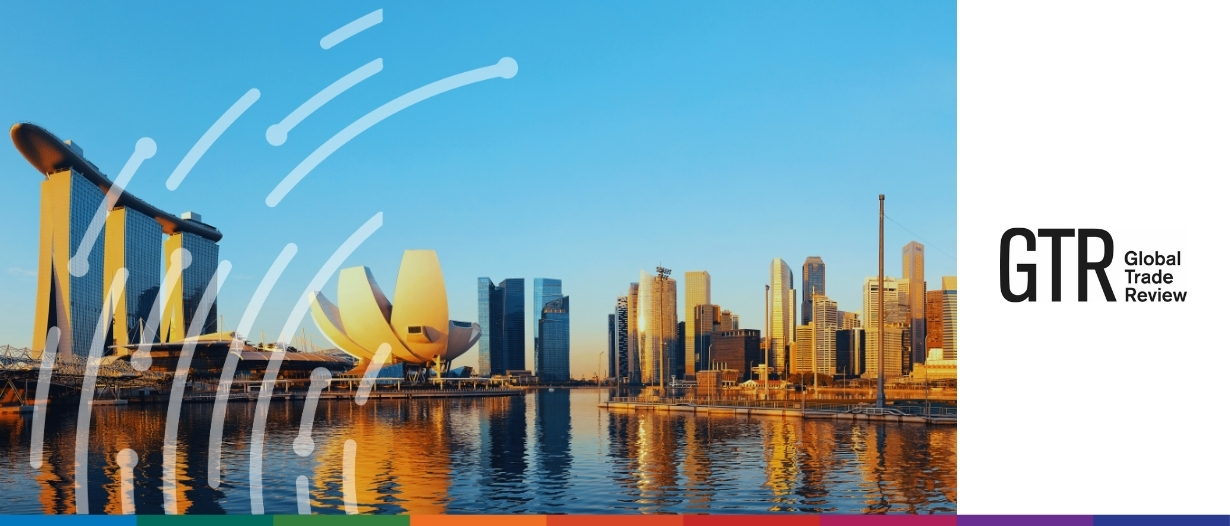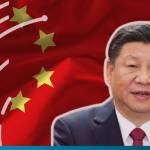Event Details
Global Trade Review is delighted to announce that GTR Asia 2020, the world’s largest trade finance gathering, will this year be taking place virtually, on September 8-11.
Where: Virtual Conference
When: 8th – 11th September, 2020
This exciting new initiative, combining a mixture of live-streamed and pre-recorded content and unrivalled networking via GTR’s dedicated virtual event platform, will offer the chance to hear the latest developments from experts on the many challenges faced across the industry, as well as the chance to connect with speakers, sponsors and attendees alike across the 4 days.
Please join us as we transition to this exciting new model, share key insights and expertise, and connect the wider community, providing certainty at a time of great uncertainty.
GTR Asia 2020 Virtual will encompass the key aspects of the live conference experience in a digital format, retaining our core focus on networking, collaboration and knowledge sharing, with our unrivalled delegate mix including corporates, traders, banks, insurers, lawyers, technology companies, non-bank financiers, government agencies and investors.
Conference Highlights
Keynote: New thinking in the rules of globalisation
The current disruption has brought the perceived wisdom of companies basing significant parts of their value chain in China – or indeed in any market many miles from home – into even sharper focus.
This extensive interview session will consider the extent to which corporates are likely to change their supply chain strategies, the role governments may play in demanding near-shoring when it comes to manufacturing essential goods such as food, medicines and medical equipment, and how such policies are likely to impact on the global drive for financial inclusion.
Michael Froman, Vice-Chairman & President, Strategic Growth, Mastercard; Former US Trade Representative to be interviewed by Eleanor Wragg, Senior Reporter, Global Trade Review (GTR)
Live stream: What is the toll of coronavirus on trade and supply chains?
The world of trade looks set to be another of the many casualties of the coronavirus pandemic, as international banks reassess the risks faced by exporters, warehouses fill up with delayed shipments of goods that retailers are no longer able to sell, and access to dollar liquidity dwindles.
- What are the key contingency plans that banks have activated in order to continue handling trade business? What have been the biggest challenges to doing this?
- With many companies globally struggling to gain access to bank financing – even when government-backed – will this see a greater role for alternative providers?
- To what extent are we seeing greater reliance on multilateral assistance? Are they having to ‘turbocharge’ their trade programmes to provide the necessary support?
- What level of guidance has been provided to the market in order to help government and regulators deal with trade finance market disruptions in the light of Covid-19?
- Looking for the positives: To what extent does the current situation provide an opportunity to maximise both the digitisation and sustainability agendas?
Moderator: Atul Jain, Managing Director, Head of Trade Finance & Lending, Asia Pacific, Deutsche Bank
Farooq Siddiqi, Chief Executive Officer, Asia Pacific, Falcon Group
Anupam Verma, Chief Executive, ICICI Bank Singapore
Lisa McAuley, Chief Executive Officer, Global Trade Professionals Alliance (GTPA)
Raof Latiff, Group Head of Digital, Institutional Banking; Group Head of Product Management, Global Transaction Services, DBS
Sumanta Panigrahi, Co-Head, Trade APAC, Treasury & Trade Solutions, Citi
Case study: Increasing transparency across the supply chain
One of the key recent priorities highlighted is the need to ensure that supply chains for key sectors such as food, energy and medical supplies are more transparent and easy to finance, through listing the suppliers and manufacturers of products, as well as the banks that support them, across the globe.
This special dedicated case study will highlight some of the work being undertaken to map those crucial supply chains and enable governments, banks, investors and practitioners to trace the supply of critical equipment, ensuring accurate supply and use of data to relieve bottlenecks and boost supplies, as well as enabling financiers to step up and provide the necessary funding.
Moderator: Phillip Day, Communications Consultant, Trade & Supply Chain Finance Program, Asian Development Bank (ADB)
Steven Beck, Head of Trade & Supply Chain Finance, Asian Development Bank (ADB)
Rebecca Harding, Chief Executive Officer, Coriolis Technologies
Live stream: What have been the key fault lines exposed in the insurance sector?
With the implications of both health and economic crises challenging the ability of businesses to fulfil their obligations, this presents serious repercussions for trade credit and political risk underwriters and their brokers.
- Can a wave of claims be expected both in light of the pandemic but also shocks in the commodity sector, providing something of a ‘double whammy’?
- What kind of business volumes have been seen mid-pandemic and what steps are insurers taking to deal with them? Can the market absorb pessimistic loss scenarios?
- Given the sharp increase in pay outs and significant investment losses, can we expect to see cover being withdrawn? Is the market in a position to honour its obligations?
Moderator: Fabien Conderanne, Head of Financial Solutions, Asia Pacific, Willis Towers Watson
Serene Soo, Regional Director, Political Risk & Structured Credit, Credit Specialties, Asia, Marsh JLT Specialty
Tim Bradford, Chief Executive Officer, Leadenhall
Live stream: What does the future hold for the structured credit and political risk insurance market?
The ramifications of Covid-19 could be long-lasting with serious consequences for the long-term health of the structured credit and political risk insurance market.
- Looking ahead what are the key challenges and likely changes for the insurance market (pricing, volumes)? Will insurers need to rethink their business model to stay profitable?
- As the trade ecosystem works to keep businesses going, how can the private market work with ECAs to form part of the wider solution? Where does this leave ‘the client’?
- What work is being undertaken to give the private market a voice when policy is decided? How easy has it been for the industry to speak as one?
Moderator: Fabien Conderanne, Head of Financial Solutions, Asia Pacific, Willis Towers Watson
Harry McIndoe, Chief Executive, Singapore, BPL Global
Samuel Ladbury, Regional Manager, ASEAN & South Asia, Political Risks & Credit, Chubb Global Markets
Photos & Gallery
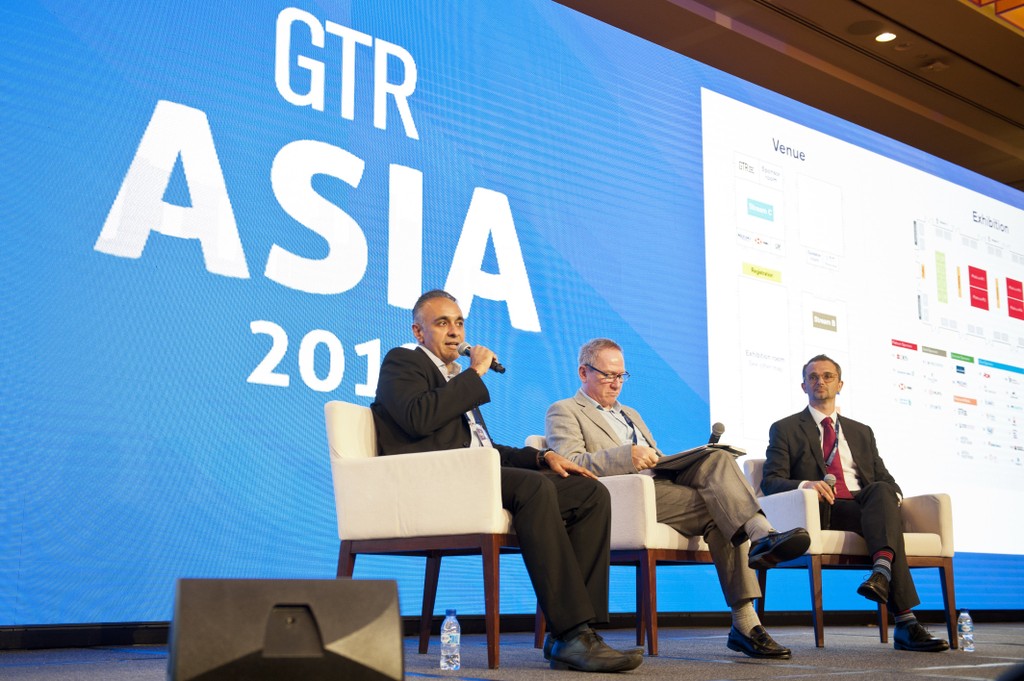
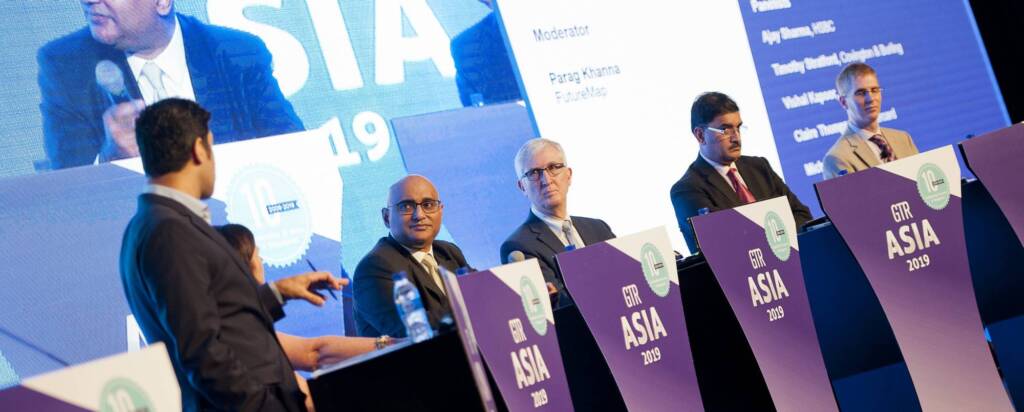
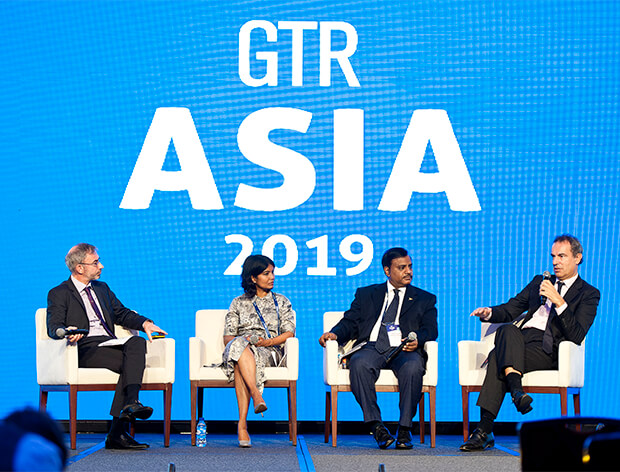
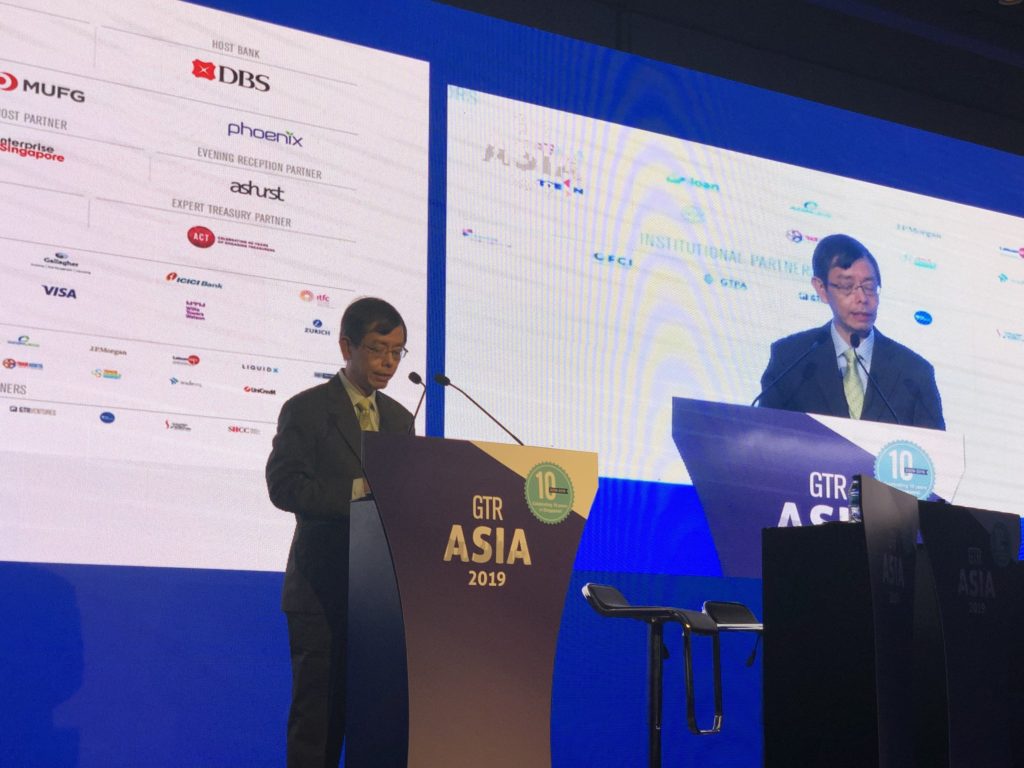
Related Content
PODCAST: APAC Trade and Supply Chain Finance Market Commentary (S1 E38) View →
Atradius Exclusive: The Asian insolvency storm – trade credit insurance overview View →
Bridging the Gap with Technology: South-East Asian trade finance View →
Trade Growth Prospects in the Asia Pacific: Overview from Bank of America View →















